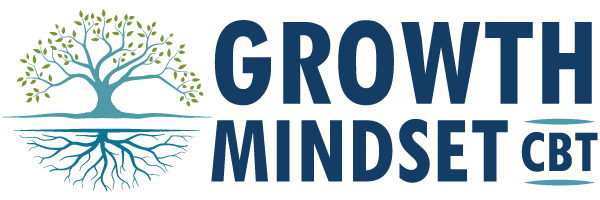Understanding CBT
Cognitive-Behavioural Therapy (CBT) is a psychological treatment that was developed through scientific research and has been shown to be one of the most effective treatments for depression and anxiety. CBT involves dealing with the symptoms that you are struggling with right now and its impact and learning how to change unhelpful thinking and behavioural patterns.
I am passionate about delivering CBT because it is goal orientated and a skills-based therapy where I have the privilege in helping clients become their own therapist.
Unlike other forms of therapy that may focus on the past, CBT is focused on the here and now – giving you practical tools you can use immediately to improve your mental health and wellbeing.
What Makes CBT Different
Goal-Oriented
We work together to set clear, achievable goals that guide your therapy journey
Skills-Based
Learn practical techniques you can use every day to manage your mental health
Present-Focused
Concentrate on current challenges rather than dwelling on the past
Evidence-Based
Proven through rigorous scientific research and recommended by NICE guidelines
Educational
Understand how your thoughts, feelings, and behaviours are connected
Self-Empowering
Develop skills to become your own therapist for long-term wellbeing
How Many Sessions?
Typically 6-20 Sessions
CBT is a time-limited therapy. The number of sessions varies between 60-90 minutes depending on the presenting problem and your individual needs.
Many people see significant improvement within this timeframe, making CBT both effective and cost-efficient compared to longer-term therapies.
Structured Approach
Collaborative Sessions
Each session has a clear structure with collaborative agenda setting. You’re the expert on yourself, while I bring knowledge of mental health and treatment techniques.
Regular homework and practice between sessions helps you apply new skills to real-life situations.
Your CBT Journey
Session Length
The length of each CBT session will be 60 minutes. If recommended that we have shorter or longer sessions, a rationale will be offered and your feedback sought. There are some problems that do require 90-minute appointments for them to be done safely and effectively. I follow the recommendations set by NICE guidelines to influence session length.
Attendance and Punctuality
To make progress and reach your goals, good attendance is needed. Punctuality is also important, to make the most of the time we have available. CBT is a time limited therapy so it is important to make every minute count.
Goal Setting
CBT is goal orientated so I will help you to set goals at the beginning of therapy. Goals help us to stay focused and guides treatment by giving us some direction. Once you have achieved your goals, it would indicate that therapy is coming towards an end.
Weekly Measures
We use weekly instruments to measure symptoms associated with depression, anxiety and the impact it is having on your daily life. These measures, together with your feedback helps us ascertain your response to treatment and whether we need to make changes.
CBT Session Elements
Long-Term Success
Relapse prevention is inter-woven throughout therapy because you learn strategies to overcome your own problems. These strategies aim to help you long after therapy ends. However, the final session is dedicated to covering relapse prevention.
We focus on what you need to continue doing to maintain your gains and continue to make further improvements. This goes back to the concept that by the end of therapy you become your own therapist.
The skills you learn in CBT are tools for life – helping you maintain your mental health and handle future challenges with confidence and resilience.

